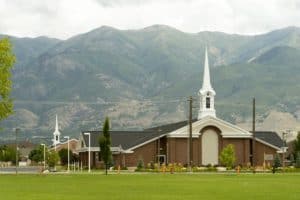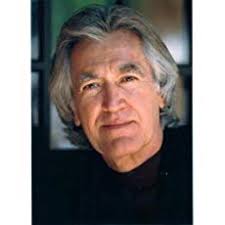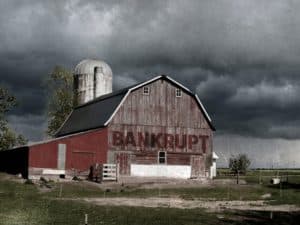
Cheeseburgers at a White House picnic in 2018.
Credit: Alex Edelman/Getty
The Democratic debate on health care has to date centered around who should be covered and who should pay the bill. That debate, which has been going on for decades, has no clear answers and cannot be easily resolved because of two fundamental realities: Health care is expensive, and Americans are sick.
Americans benefit from highly trained personnel, remarkable facilities and access to the newest drugs and technologies. Unless we eliminate some of these benefits, our health care will remain costly. We can trim around the edges — for example, with changes in drug pricing, lower administrative costs, reductions in payments to hospitals and providers, and fewer defensive and unnecessary procedures. These actions may slow the rise in health care spending, but costs will keep rising as the population ages and technology advances.
And Americans are sick — much sicker than many realize. More than 100 […]

Two LDS chapels built adjacent to each other on Angel Street, in Kaysville, Utah
Credit: Rick Egan | Tribune
If ever there were a question about its stance toward guns in meetinghouses, The Church of Jesus Christ of Latter-day Saints has removed all doubt: Unlike visitors, firearms are not only not welcome, they are strictly forbidden.
In fact, the Utah-based faith now “prohibits” all “lethal weapons” from its properties, unless carried by current law enforcement officers. Previously, the church deemed it merely “inappropriate” to have firearms in its buildings.
On Monday, church spokesman Daniel Woodruff confirmed that stricter wording had been added to Handbook 2, an instruction manual for local lay leaders, and is posted online for members and nonmembers to read.

Tropical storm Hermine Sept. 4, 2016 in Atlantic City, New Jersey. Billions spent to rebuild the Jersey Shore in 2012 may be a waste if sea level rise inundates the entire coastline.
Credit: Jessica Kourkounis / Stringer
The rallying cry to build it again and to build it better than before is inspiring after a natural disaster, but it may not be the best course of action, according to new research published in the journal Science.
“Faced with global warming, rising sea levels, and the climate-related extremes they intensify, the question is no longer whether some communities will retreat—moving people and assets out of harm’s way—but why, where, when, and how they will retreat,” the study begins.
The researchers suggest that it is time to rethink retreat, which is often seen as a last resort and a sign of weakness. Instead, it should be seen as the smart option and an opportunity to build new communities.
“We propose a reconceptualization […]

Larry Dossey, MD
Despite the towering intellectual and technological achievements of twentieth-century science, its spell over us has been irreversibly weakened. There are at least two important reasons for this. First, scientist and layman alike have become aware of the limits and shortcomings of scientific knowledge. Second, we realize that our perpetual hunger for spiritual understanding is real and undeniable. It can neither be defined away by subtle logic, nor be satisfied by viewing the universe as sterile, mechanistic, and accidental.1

A bankrupt American Midwest farm
President Donald Trump’s unilateral decision to pursue trade wars with China has increased America’s trade deficit and harmed American farmers who rely on exports to earn a living.
As the president continued to lie this week about how his policies have hurt those farmers, his cabinet secretary responsible for overseeing farming came under fire for calling them a bunch of whiners.
Secretary of Agriculture Sonny Perdue, who previously admitted that U.S. growers were paying the price for the administration’s trade policies and were “one of the casualties there of the trade disruption,” insulted them last week at a Farmfest event in Minnesota.
“I had a farmer tell me this in Pennsylvania,” Perdue told the audience at a listening session hosted by House Agriculture Committee Chair Collin Peterson (D-MN). “He said ‘What do you call two farmers in a basement?’ I said ‘I don’t know, what do you call them?’ He said ‘A whine cellar.’”
That attempt at humor was reportedly met with some laughter but […]










